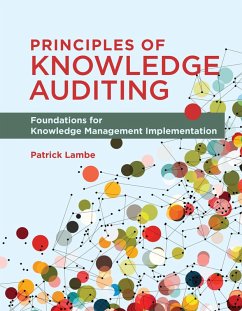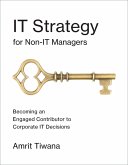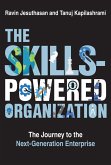A comprehensive theoretical and practical guide to the operating principles of knowledge auditing, illustrated with numerous case studies. A knowledge audit provides an "at a glance" view of an organization's needs and opportunities. Its purpose is to improve an organization's effectiveness through a better understanding of the dynamics and levers of knowledge production, access, and use. However, this developing field is hampered by the lack of a common language about the origins and nature of knowledge auditing. In Principles of Knowledge Auditing, Patrick Lambe integrates the theory and practices of the field, laying out principles and guidelines for a clearer and more pragmatic approach to knowledge auditing that makes it more accessible to practitioners and researchers. Lambe examines knowledge auditing in the context of the development of communications, information, and knowledge management in the twentieth century. He critiques and clarifies ambiguities in how knowledge audits are approached and described, as well as how the results are conveyed within organizations. He discusses the benefits and risks of knowledge management standards. Knowledge auditors, he says, need a common frame of reference more than they need standards. Standards have their uses, but they provide only markers and sign posts and are poor representations of the richness of the landscape. He concludes with a set of guiding principles for practitioners.
Dieser Download kann aus rechtlichen Gründen nur mit Rechnungsadresse in A, B, BG, CY, CZ, D, DK, EW, E, FIN, F, GR, HR, H, IRL, I, LT, L, LR, M, NL, PL, P, R, S, SLO, SK ausgeliefert werden.









